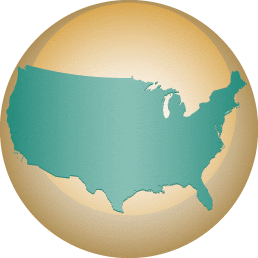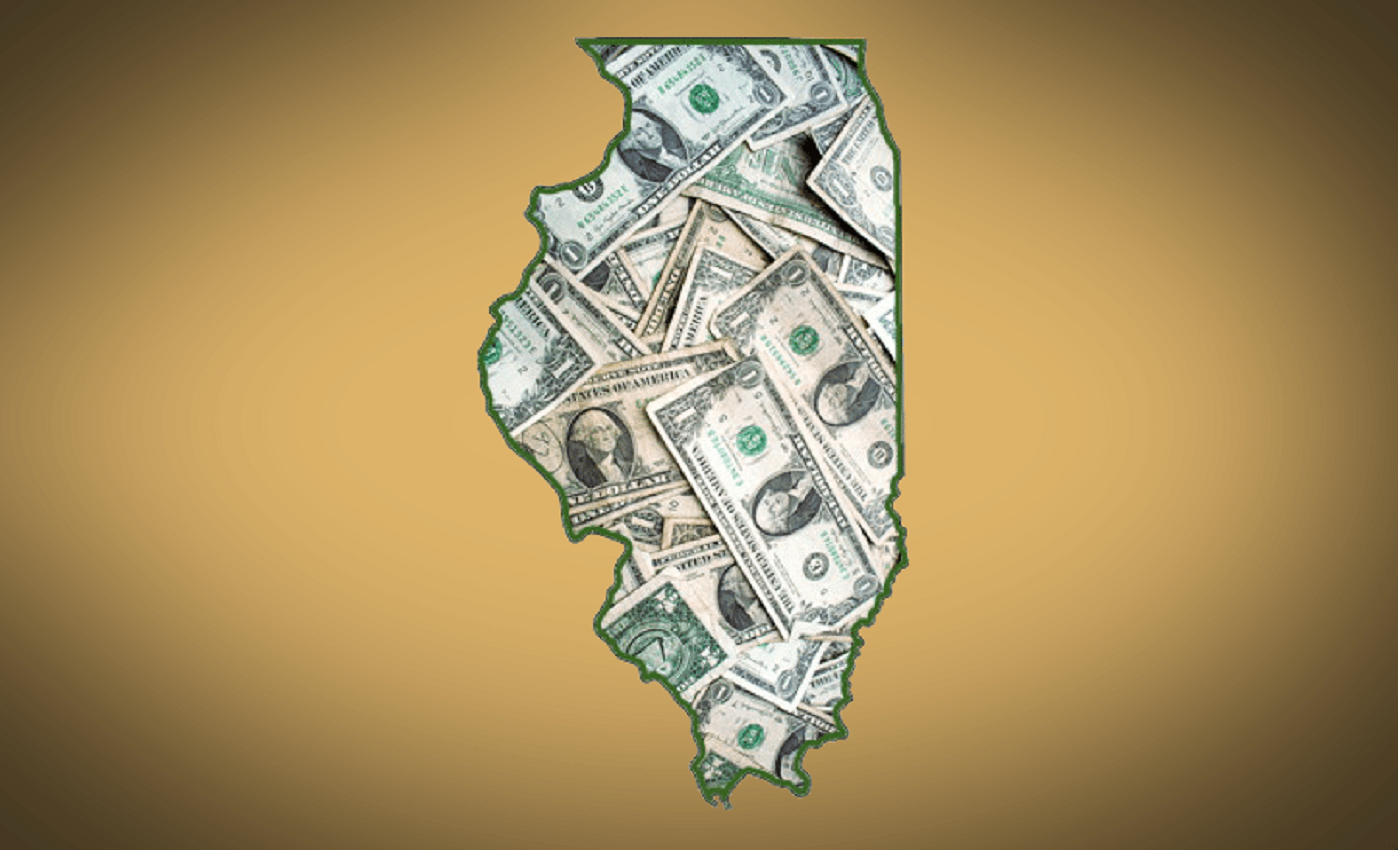Illinois Governor Jay Robert “J. B.” Pritzker is pushing for a huge increase in Illinois’ sales tax on gasoline as he and his collaborators in the general assembly justify their actions with distorted information.
“The proposed hike in gasoline taxes is a scam,” according to Jim Tobin, president of Taxpayers United of America (TUA). “The reasons given for raising gasoline taxes are false.”
A bill introduced in the State Senate would double the Illinois gas tax, from 19 cents to 38 cents per gallon, and hike vehicle registration fees supposedly to pay for repairs to roads, bridges and other “infrastructure.”
“We now have pothole-ridden roads that we can’t afford to fix and more than 2,300 bridges that are rated as structurally deficient,” contended State Sen. Martin Sandoval (D-11, Cicero), chair of the Senate Transportation Committee.
Sandoval proposed an amendment to Senate Bill 103, which would create almost $2 billion in new taxes annually. The doubling of the motor fuel tax per gallon to 38 cents would take effect July 2019.
However, according to Randal O’Toole, a Cato Institute Senior Fellow, Illinois’ highway infrastructure is actually in fairly good shape, despite the pronouncement of Pritzker that infrastructure is “crumbling across the state.” The transportation system with serious infrastructure problems is urban transit.
“The real problem with Illinois’ transit infrastructure is not that it is worn out but that it is obsolete and no longer successfully serves the needs of the typical state resident,” says O’Toole.
“By two important measures the roads are in good shape and getting better,” states O’Toole. “First, only 2,303 bridges, or less than 9 percent of the total, were considered structurally deficient in 2017. This is a substantial reduction from the 4,494 highway bridges, or 18 percent of the total, that were classified structurally deficient in 1992. ‘Structurally deficient,’ by the way, doesn’t mean that a bridge is in danger of collapsing or poses a safety risk. Instead, it only means is that the cost of maintaining a bridge is greater than it should be and, in some cases, the load limits for the bridges have been reduced.”
“The second measure showing that Illinois roads are improving is a standardized roughness index used by the Federal Highway Administration to grade highways. According to this index, Illinois roads are 35 percent less rough today than they were in 1995.”
In its 23rd Annual Highway Report, the Reason Foundation revealed that Illinois Ranks 28th Overall in Highway Performance and Cost-Effectiveness. In other words, it’s in the middle of the pack. In fact, in some areas, Illinois roads do quite well. “Illinois’s best rankings are rural Interstate pavement condition (tied for 1st), rural arterial pavement condition (3rd) and urban Interstate pavement condition (5th).”
“Illinois ranks 15th in fatality rate, 7th in deficient bridges, 1st (tie) in rural Interstate pavement condition, 5th in urban Interstate pavement condition….”
“Obviously, there are other reasons Illinois Democrats and Senator Bill Brady (R-44) want to raise gasoline taxes,” said Tobin. “Due to the state’s lavish, gold-plated pension plans for retired government employees, the state’s pension plans and finances generally are in dire condition, and rather than cut spending and revise the government pensions, the Democrats and Bill Brady are again kicking the can down the road with as many tax hikes as they can get away with.”







